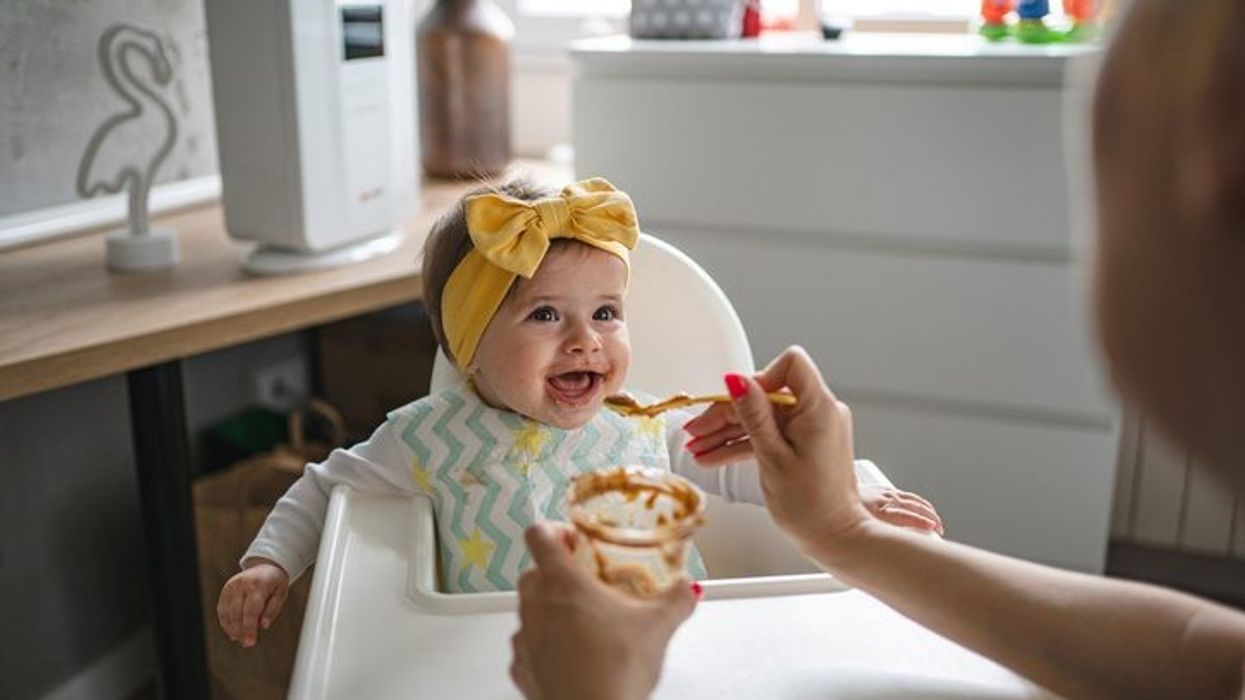A major study has suggested that feeding babies a spoonful of peanut butter before they reach six months old can prevent up to three-quarters of peanut allergies.
The prevalence of peanut allergies has increased threefold in recent years, with one in 50 children in the UK now affected and susceptible to life-threatening reactions.
Prior studies have indicated that consuming peanuts in early childhood can mitigate this trend. However, parents have been perplexed by contradictory guidance on the ideal age to introduce them.
But now a new study conducted by researchers at the University of Southampton has pinpointed a critical "window of opportunity" during the weaning process to introduce peanuts to babies.
According to the study's findings, feeding all babies peanut butter between four and six months old could prevent 77 per cent of peanut allergies, equivalent to 10,000 cases per year.
The researchers suggested that government guidelines should be revised to endorse peanut butter consumption for babies as a cost-effective and straightforward intervention that could generate significant benefits for future generations.
The analysis indicates that introducing peanut butter to the 640,000 infants born in the UK each year from the age of four months would result in a decrease in the number of children developing allergies from 13,000 to 3,000 annually.
However, if peanut butter is introduced at 12 months of age, there would only be a 33 per cent reduction, according to the government-supported study's findings.
The study also recommends giving peanuts to babies with eczema at four months, as they are at higher risk.
Experts suggest that government guidelines should be updated to promote the introduction of solid foods, including peanut butter, earlier than the current recommendation of six months, The Times reported.
However, it is important to introduce peanut butter safely, avoiding whole or chopped peanuts to prevent choking, and instead opting for peanut puff crisps mixed with water or spoonfuls of peanut butter.
The NHS currently recommends introducing peanuts only from six months of age, while the previous advice, released in 1998, advised waiting until children turn three years old.
The most recent study, however, suggests that introducing peanuts to babies at an early age, while their immune system is developing, would increase the likelihood of the body recognising peanuts as safe food due to the larger amounts ingested in the gut, compared to exposure through small amounts or the skin.
Data from two large-scale clinical trials involving almost 2,000 children formed the basis of the study published in the Journal of Allergy and Clinical Immunology.
The UK government's medical research division, the National Institute for Health and Care Research, as well as leading national research funding bodies in the US, partially supported the study.




